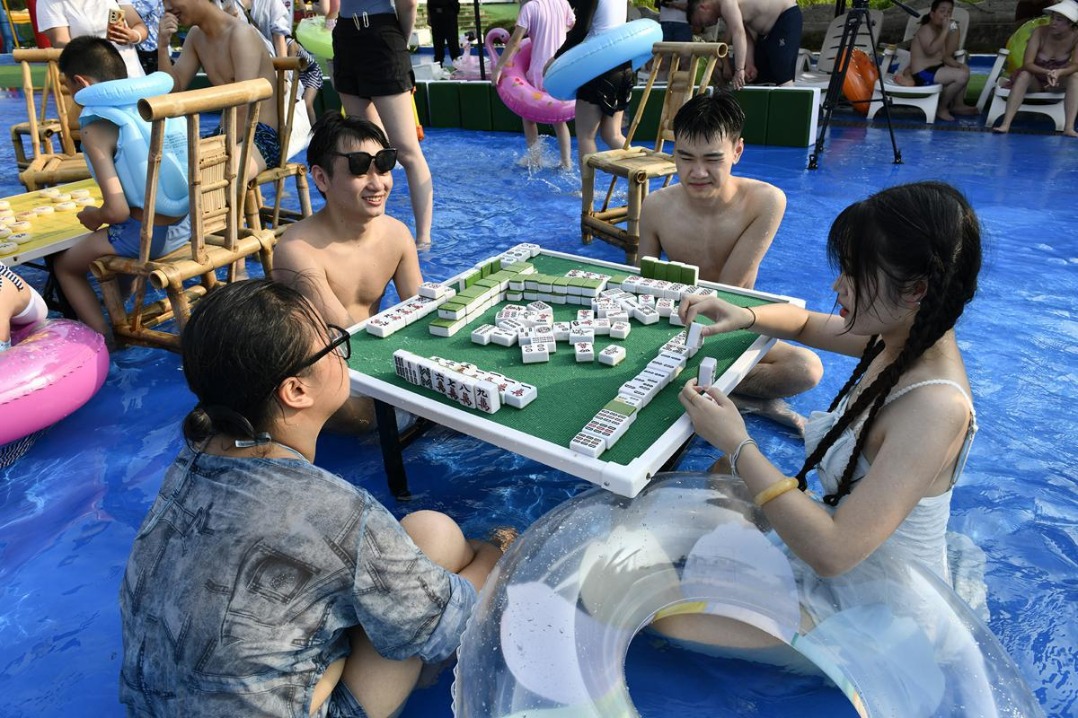Six suspects arrested in kindergarten lead poisoning case

Six suspects have been arrested after more than 200 children were found with abnormal blood lead levels at a private kindergarten, local authorities in northwestern China said. Seventeen officials have been placed under disciplinary investigation, and 10 others, including senior health and education officials in Tianshui city and its Maiji district, face formal accountability procedures, according to a report released by Gansu authorities on Sunday.
Investigators found that the lead exposure came from food prepared at the kindergarten, not from environmental contamination. Previous blood lead level tests by a local hospital in Tianshui and Gansu provincial CDC failed to deliver the right results.
Tests of air, water and soil in the area found no lead pollution.
The case came to light on July 1, when market regulators and police in Maiji district received reports of abnormal blood lead levels among children at Peixin Kindergarten. All 251 children enrolled were examined, and 233 were found to have elevated lead levels. At least 201 children were hospitalized for treatment.
The incident has sparked widespread concern due to the harmful effects of long-term lead exposure on children. The World Health Organization lists lead among the top 10 toxic substances of public health concern.
A joint investigation team tested 223 samples, including raw materials, cooked food and water from Peixin and three other preschools. Authorities found that the kindergarten's management had instructed staff members to add brightly colored but inedible industrial pigments to foods such as corn rolls and jujube cakes to make them look more appealing to children and parents.
Two samples from Peixin — a tricolor red date sponge cake served at breakfast and a corn roll with sausage served at dinner — failed to meet food safety standards. The samples contained lead levels of 1,052 milligrams per kilogram and 1,340 milligrams per kilogram, respectively, far above the national limit of 0.5 milligrams per kilogram.
Officials said the kindergarten was operating without a license and that local education and market supervision departments failed to carry out oversight. Some officials are suspected of accepting bribes and favors from the kindergarten's investor. Disciplinary and criminal investigations have been launched against officials, including the head of the provincial health commission and the mayor of Tianshui.
Health authorities said all affected children received treatment, with nearly all now discharged after their blood lead levels dropped by around 40 percent on average. The government is covering medical costs and has set up a monitoring program to track the children's recovery.
The Gansu provincial government issued a public apology, pledging "zero tolerance" for regulatory failures and promising to strengthen food safety and health oversight in schools across the province.
- Six suspects arrested in kindergarten lead poisoning case
- China coastal regions brace for Typhoon Wipha
- Heritage, tech innovation earns Qingdao intl praise
- Typhoon Wipha makes landfall in South China's Guangdong
- Chikungunya virus infects nearly 2,000 in Guangdong's Foshan
- Foreign envoys highlight China's efforts in global peace





































